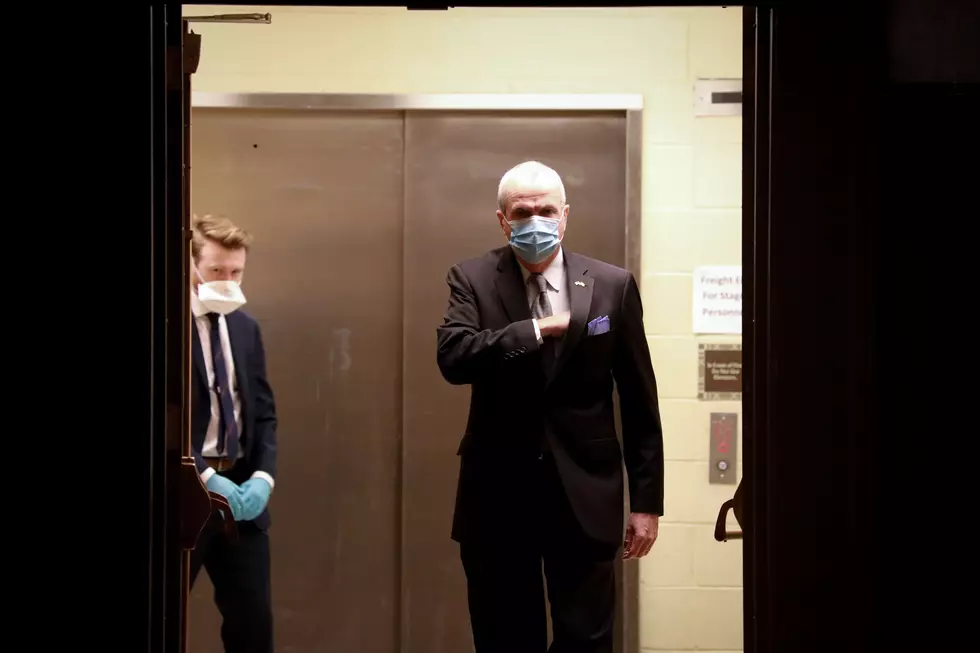![Should Criminals be Made to Face Their Victims in Court? [POLL]](http://townsquare.media/site/385/files/2013/05/Gavel2-300x1694.jpg?w=980&q=75)
Should Criminals be Made to Face Their Victims in Court? [POLL]
I read the story last night of Giuseppe Tedesco, who, during the sentencing phase of his trial for the murder of Alyssa Ruggieri, apparently has the choice of skipping his sentencing hearing thus avoiding hearing the victim impact statements of Ruggieri’s mother and family.
The story is that at a prior sentencing hearing, Tedesco threatened some of the jurors in the case, and reportedly told the victim’s brother, “you’re next!”; thereby prompting the defendant’s lawyer to argue against having the defendant appear again.
Alyssa Ruggieri didn't have a choice whether to face Giuseppe "Joseph" Tedesco the night he drove to her Hopatcong home, then shot her six times in the face and torso.
But whether Tedesco deserves the choice to face 22-year-old Ruggieri's surviving relatives at his sentencing for first-degree murder is a matter yet to be decided.
Late last month, the state Surpeme Court heard arguments over whether Tedesco should be allowed to skip his sentencing — and in so doing, avoid hearing victim impact statements, such as the one Ruggieri's mother intends to give.
Assemblywoman BettyLou DeCroce and fellow Republican Assembly member Anthony M. Bucco have proposed an amendment to the state's Crime Victims Bill of Rights, guaranteeing a victim's right to not only address the court, but the offender.
New Jersey courts can't deny a defendant the right to be at his or her own sentencing, but at issue in the Tedesco case is whether the courts can compel a defendant to be there.
Tedesco's attorney, Anthony Iacullo of Nutley, argues in his own motion having Tedesco back in court would be disruptive. He writes that the case has been marked by a pattern of discord in the courtroom.
Iacullo cites a Jan. 10 outburst and brawl — which came moments after Tedesco also reportedly mouthed expletives at each member of the jury, one by one, and turned to Ruggieri's brother to tell him "you're next."
A trial court judge didn't take kindly to the suggestion Tedesco's own disruptive behavior should get him out of the sentencing, writing, "Let this court be perfectly clear, under no circumstances will be court's decision be governed by an unruly defendant or by one who threatens such conduct."
For DeCroce — whose own cousin was murdered — the issue is more fundamental. She said forcing an offender to hear the damage he or she has caused is a matter of justice.
The bill specifically states crime victims and witnesses have the right to make in-person statements directly to the court and "directly to the defendant concerning the impact of the crime, unless the court finds good cause why the defendant should not be present during that portion of the proceedings.
It seems completely unfair for the victim’s family to not face the convicted felon; look him in the eye; and tell him how his act has torn their family apart. No matter how the defendant erupts in court.
The victim’s family deserves justice; and the opportunity to vent; no matter how the defendant feels.
To deny them that opportunity just smacks of giving the defendant more rights than (in this case, he) or she deserves.
More From New Jersey 101.5 FM









